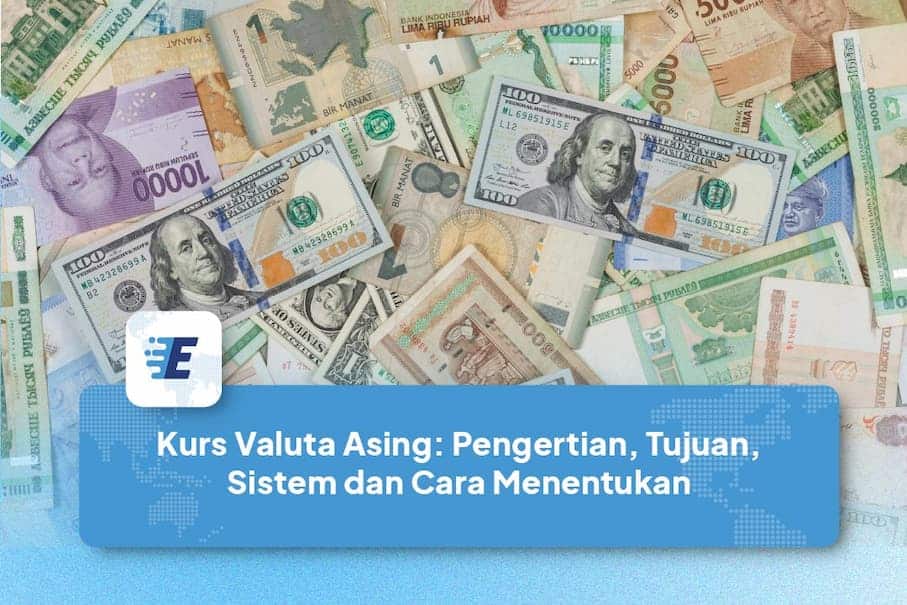Last updated on June 7th, 2024 at 03:21 pm
Foreign Exchange Rates are a crucial factor in international trade, investment, and global finance, and their values can fluctuate regularly based on economic factors.
Understanding Foreign Exchange Rates
List of contents
Foreign exchange rates refer to the exchange rate between one country's currency and another country's currency. It reflects how much of a foreign currency you can obtain using your national currency or vice versa.
Objectives of Foreign Exchange
The foreign exchange market has a primary goal of facilitating the exchange of currencies from various countries, supporting international trade, and providing flexibility for various participants, including traders, businesses, and investors, to achieve different economic objectives.
This market also influences the purchasing power of currencies in the international market and contributes to global economic stability. With these objectives, the foreign exchange market becomes one of the largest financial markets in the world.
Foreign Exchange System
Foreign exchange rates are a key factor in the foreign exchange market, and there are several systems used to determine currency values. Here are some commonly used foreign exchange systems:
Floating Exchange Rate System (Floating)
In this system, currency values are determined by supply and demand in the foreign exchange market. The government does not intervene in setting the exchange rates. This is the most flexible system and is frequently used in global foreign exchange markets.
Fixed Exchange Rate System
This system involves government or central bank intervention in setting currency values. Exchange rates are held fixed at a certain level, and the government is committed to maintaining it. This system provides stability but may require active intervention to sustain it.
Managed Floating Exchange Rate System (Managed Floating)
In this system, currency values float freely, but central banks or governments can intervene to control extreme fluctuations. They can buy or sell their currencies in the foreign exchange market to influence exchange rates.
Each system has its own advantages and disadvantages, and the choice of foreign exchange system typically depends on a country's economic policies and objectives. The foreign exchange system is a crucial instrument in economic management and can impact a country's economic stability.
How to Determine Foreign Exchange Rates
Determining foreign exchange rates involves factors such as demand, supply, interest rates, trade balances, global economic conditions, technical factors, and market sentiment.
Governments or central banks can also intervene. Foreign exchange rates are highly volatile and susceptible to changes. Understanding these factors is crucial for financial and investment decision-making.
Read Also: Complete List of Bank Codes
Factors Affecting Foreign Exchange Rates
Foreign exchange rates are the price or value of a country's currency in relation to another country's currency, and this value can fluctuate. Several factors affecting changes in foreign exchange rates include:
Public Income
Public income is related to their purchasing power. People with higher income tend to have stronger purchasing power.
Consumer Interest
Consumer demand for a country's products can affect foreign exchange rates. If consumer interest in a country's products increases, the demand for that country's currency will also rise.
Government Policies
Government policies, such as import restrictions, can influence foreign exchange rates. Import restrictions can reduce demand for other countries' currencies, which can strengthen the local currency.
Interest Rates
A country's interest rates also affect foreign exchange rates. When interest rates rise, investors may be attracted to invest in that country, which can strengthen the value of the local currency.
Inflation
A country's inflation rate can also affect foreign exchange rates. High inflation can erode purchasing power, while very low inflation can impact product prices.
Domestic Situation and Conditions
Domestic situations, such as political stability and economic conditions, can affect investor confidence and currency value.
Stable Currency Rates
The stability of the local currency also influences foreign exchange rates. Stable currencies are generally more valued by investors.
Capital Flows
Capital flows, such as foreign loans or investments, can impact the value of the local currency.
Supply and Demand for Foreign Exchange
The relationship between supply and demand for foreign exchange also affects exchange rates. If demand exceeds supply, the price of foreign exchange will rise; conversely, if supply exceeds demand, the price will fall.
Examples of Foreign Exchange Rates
Foreign exchange rates can be expressed in several examples, such as:
- EUR/USD Rate: This is the rate between the Euro (EUR) and the US Dollar (USD), showing how many US Dollars are needed to purchase one Euro.
- JPY/GBP Rate: This is the rate between the Japanese Yen (JPY) and the British Pound Sterling (GBP), showing how many Pounds Sterling are needed to purchase one thousand Japanese Yen.
Read Also: Telegraphic Transfer
How to Calculate Foreign Exchange Rates
Foreign exchange rates are the comparison between two currencies. The rate is calculated by dividing the value of the first currency by the value of the second currency. For example, if the EUR/USD rate is 1.20, it means one Euro is equivalent to 1.20 US Dollars. In another example, if the JPY/GBP rate is 0.0075, it means one Japanese Yen is equivalent to 0.0075 British Pounds.
Foreign exchange rates can change over time based on changes in economic and market factors. Traders and investors use rate calculations to make their investment decisions.
Come on, what are you waiting for? Start using Easylink for a safer, easier, and faster a way to transfer money abroad quickly, securely, and at an affordable rate. Send money now and enjoy the ease you’ve been looking for in your financial transactions.

